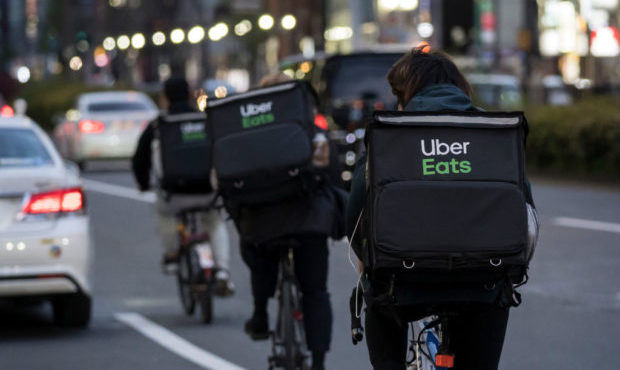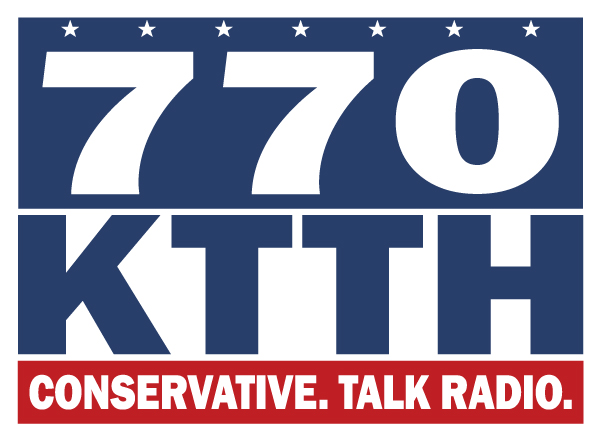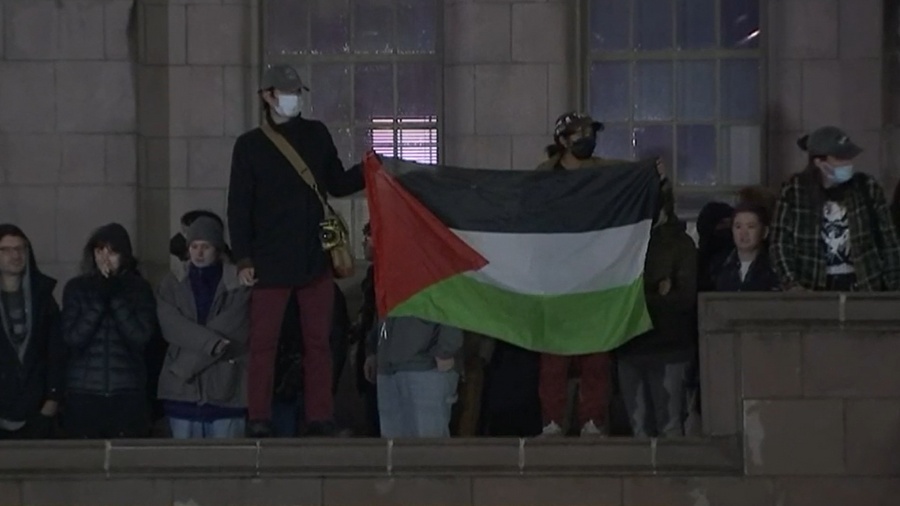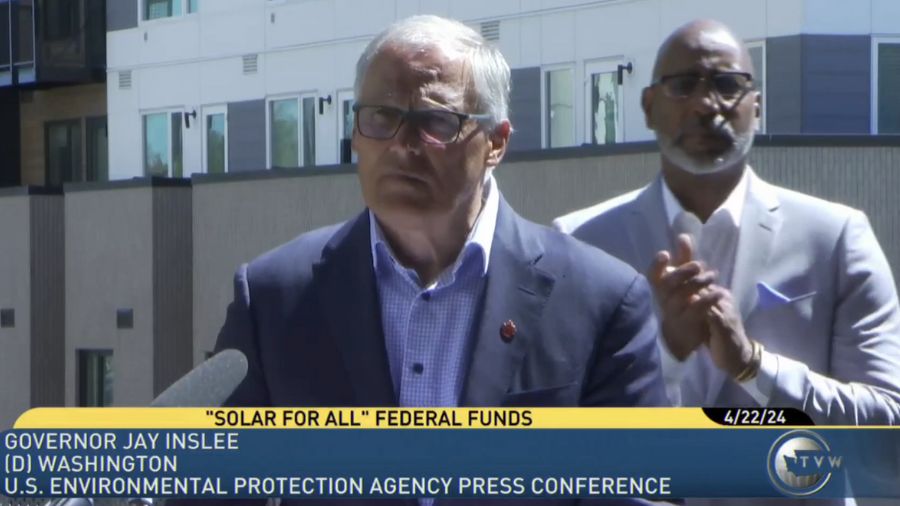Explaining how Gov. Inslee has the power to cap third-party delivery fees
Nov 23, 2020, 7:55 AM | Updated: 7:55 am

Uber Eats delivery men ride bicycles through the Kabukicho entertainment area on April 11, 2020 in Tokyo, Japan. (Photo by Tomohiro Ohsumi/Getty Images)
(Photo by Tomohiro Ohsumi/Getty Images)
Governor Jay Inslee announced a new cap on fees charged to restaurants by third-party delivery platforms, such as Uber Eats, Door Dash, GrubHub, and Postmates. The proclamation caps delivery fees at 15% and total fees at 18% of the purchase price of an order.
Gov. Inslee announces $135M in economic relief for businesses, families
In a statement, Gov. Inslee recognizes the challenges posed by COVID to the restaurant community, adding that they’re “grateful” to third-party delivery platforms that have helped make it possible for people to keep supporting local restaurants and, in some cases, have allowed businesses to remain open.
Rob McKenna, former Washington state attorney general, joined the Jason Rantz Show on KTTH to provide some insight into the governor’s power to make a proclamation that caps fees. In a similar case, McKenna is representing Instacart against the city of Seattle trying to mandate the way they operate.
The governor’s office cited RCW 43.06.220 to explain how the governor has this power.
“RCW 43.06.220 does give the governor fairly broad powers, but it is cabined by constitutional limitations,” McKenna said. “You don’t throw out the Constitution when you adopt a proclamation.”
“I think the key question is, can the governor, through a proclamation, disrupt existing contracts? … Because contracts are protected by the contract clause of the Constitution,” McKenna added. “So these are the very questions, I assume, that the third-party app companies that deliver restaurant meals will be talking about.”
The RCW says the governor can prohibit “such other activities as he or she reasonably believes should be prohibited to help preserve and maintain life, health, property or the public peace.” But, Jason asked, does capping commissions on third-party apps really help preserve and maintain life?
“Well, that would be the argument,” McKenna replied. “And as you point out, this is in the section of the law that says that the governor, after proclaiming a state of emergency, may issue a proclamation prohibiting a series of things that the governor could prohibit in a proclamation, for example, being on the streets after certain hours. A curfew.”
“So these were powers that the statute lays out to allow him to curtail certain activities,” he added. “Can he rewrite the terms of a contract between a restaurant and a third party app platform like UberEats? That is, I think, a key constitutional question.”
There’s a chance that if this got in front of the state Supreme Court, they’d side ideologically with Inslee.
“You could argue it’s ideology. You could also argue that the judiciary is going to show some deference not just to the governor during an emergency, but also to the legislative branch,” McKenna said. “So does the judiciary act of the same kind of break on excessive executive power during an emergency as it would outside of an emergency?”
“There’s this separation of powers concept, right? The Legislature decided to delegate emergency powers to the governor, so in the governor’s exercise of those emergency powers, is the judge going to come in and disrupt? Now in other emergencies that we’ve seen historically, we’ve seen states of emergency that lasts for a fairly short period of time. Even the emergency declared around the Mt. St. Helens’ eruption was much more limited than what we’re seeing now,” McKenna continued. “And there was litigation over the extent of the governor’s powers to prevent people from going into their businesses in towns around Mount Rainier.”
In this case, the emergency declaration is for a pandemic with no known end date.
“We don’t have a law in our state that requires the governor to obtain the Legislature’s permission to extend the state of emergency declaration past a certain period of time,” McKenna added. “He could just keep extending it on and on and on. In other states like Wisconsin, the governor has to go back to the Legislature after a set period of time, 30 days, or 60 days, something like that. But not here. And I wonder if the Legislature will want to revisit the open ended powers of the governor when they come back into session next year.”
If there’s a political motivation to these caps, McKenna says it’s the governor trying to help the restaurant industry, which is not happy about being ordered to shut down indoor dining.
“It may be a sop to them to say, ‘well, we’ll help you here because we’re not going to let you operate even at 25% of capacity,'” McKenna said. “Even though grocery stores can operate at 25% of capacity, other retail can operate at 25% of capacity, and so forth. They’re not allowing them any indoor dining. … I’ve seen prominent restauranteurs on the news complaining about the move to ban all indoor dining. And it may be that the governor thought this was something he could do to help that might placate them a little bit.”
However, Jason points out it could cause unintended consequences, especially if any of the platforms speak out or are unable to operate when the commission is capped. The business model is not meant to keep restaurants afloat, but rather to provide supplemental income.
“I don’t know what those companies are going to do,” McKenna admitted. “I don’t know enough about the restaurant delivery companies to say whether they can operate at a profit or not. Are they going to be forced to lose money if they want to continue serving restaurants and these fees are capped?”
Seattle restaurateur: WA state ignores data that doesn’t support shutdowns
Plus, Jason explains, even if this starts by helping the restaurants, it’s possible you’re then hurting the drivers that work for these delivery apps and impacting their supplemental income. If any of the platforms were to shut down after deciding they can’t operate like this, then you not only hurt Uber Eats, as an example, and the drivers, but you also hurt the restaurants again.
Listen to the Jason Rantz Show weekday afternoons from 3 – 6 p.m. on KTTH 770 AM (or HD Radio 97.3 FM HD-Channel 3). Subscribe to the podcast here.














